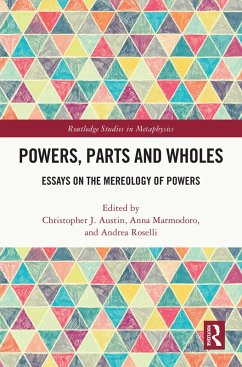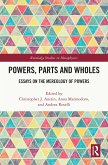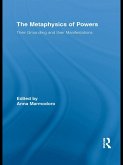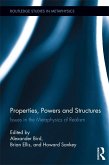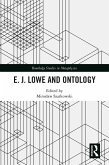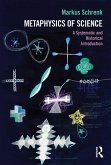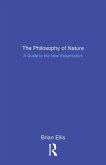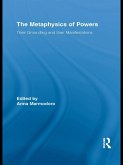Powers are often assumed to be atomic, and yet what they can do-and what can happen to them-is complex. But if powers are simple, how can they have complex manifestations? Can powers have parts? According to which rules of composition do powers compose into powers? Given the centrality of powers in current scientific as well as philosophical thought, recognizing and understanding the ontological differences between atomic and mereologically complex powers is important, for both philosophy and science. The first part of this book explores how powers divide; the second part, how powers compose. The final part showcases some specific study cases in the domains of quantum mechanics and psychology.
Powers, Parts and Wholes will be of interest to professional philosophers and graduate students working in metaphysics, philosophy of science and logic.
Dieser Download kann aus rechtlichen Gründen nur mit Rechnungsadresse in A, B, BG, CY, CZ, D, DK, EW, E, FIN, F, GR, HR, H, IRL, I, LT, L, LR, M, NL, PL, P, R, S, SLO, SK ausgeliefert werden.

